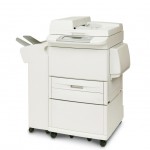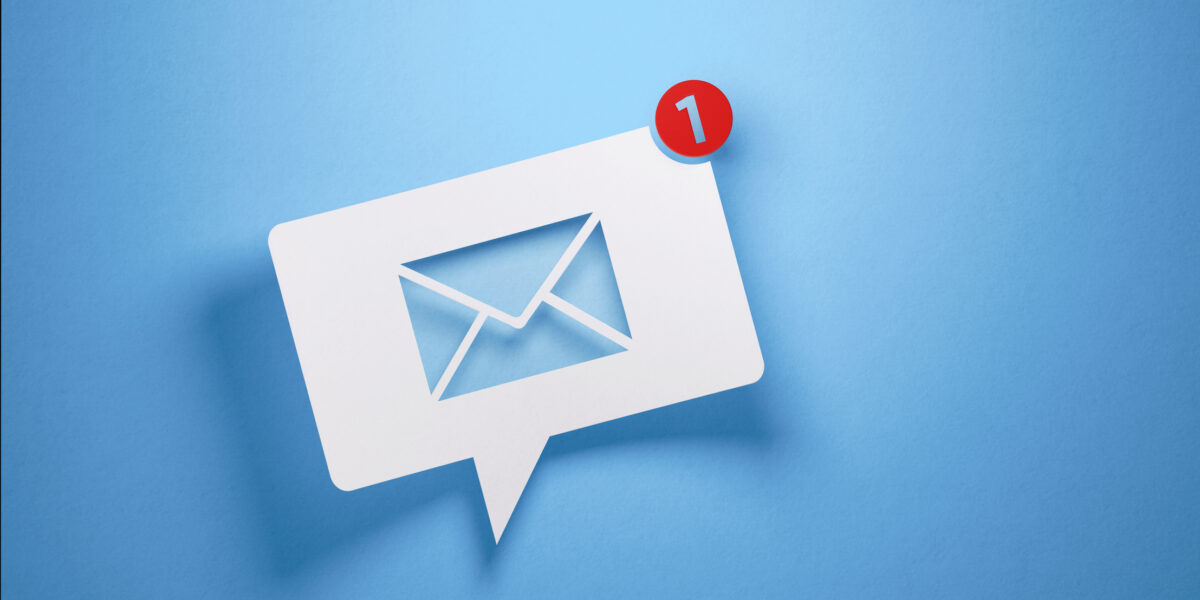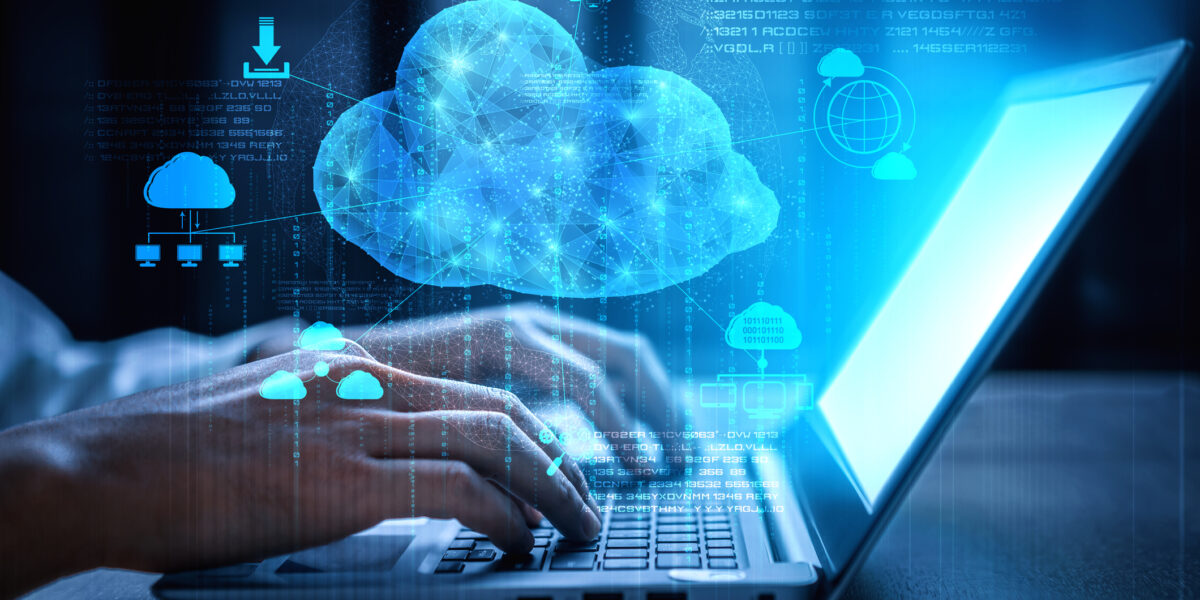 If you work in an office, chances are good that your office leases or owns a digital copier to process much of their paperwork. What you may not realize about the more modern copiers, however, is that most of these machines provide an automatic “convenience” feature which stores digital copies of the files that are scanned, printed and copied and faxed on a physical hard drive inside the machine. This poses a significant and potentially serious security risks for your business, employees and/or clients and can put both you and them at risk. Not only do you risk things such as identity theft or leaking sensitive information, but according to the FCC, having security measures in place to protect sensitive information is required by law.
If you work in an office, chances are good that your office leases or owns a digital copier to process much of their paperwork. What you may not realize about the more modern copiers, however, is that most of these machines provide an automatic “convenience” feature which stores digital copies of the files that are scanned, printed and copied and faxed on a physical hard drive inside the machine. This poses a significant and potentially serious security risks for your business, employees and/or clients and can put both you and them at risk. Not only do you risk things such as identity theft or leaking sensitive information, but according to the FCC, having security measures in place to protect sensitive information is required by law.
Digital copiers these days need to be seen for what they are; computers. They are essentially “smart” copiers. Just like your computer, cell phone, or tablet, your digital copier should have proper encryption features, passcodes to access the information, especially if the copier is accessed through a network. Routine “cleanup” maintenance is also essential to wipe out any documents unnecessarily stored on the hard drive. Ask your vendor if an automatic feature is available so you won’t have to think about it.
If a copier is being retired, replaced or returned to the leasing company, be sure that no private information is left on the machine. Oftentimes, you can ask the leasing company if they will remove and return the hard drive to you for you to destroy or dispose of yourself. It’s never a good idea to remove and destroy the hard drive on your own, because if there is firmware on the drive that’s necessary for operation, you could be rendering the machine useless. Some machines also house more than one hard drive.
Talk with your CCSI support representative, or your copier company to get more details on your copier’s storage capability and the steps you can take to make sure your information stays secure.



